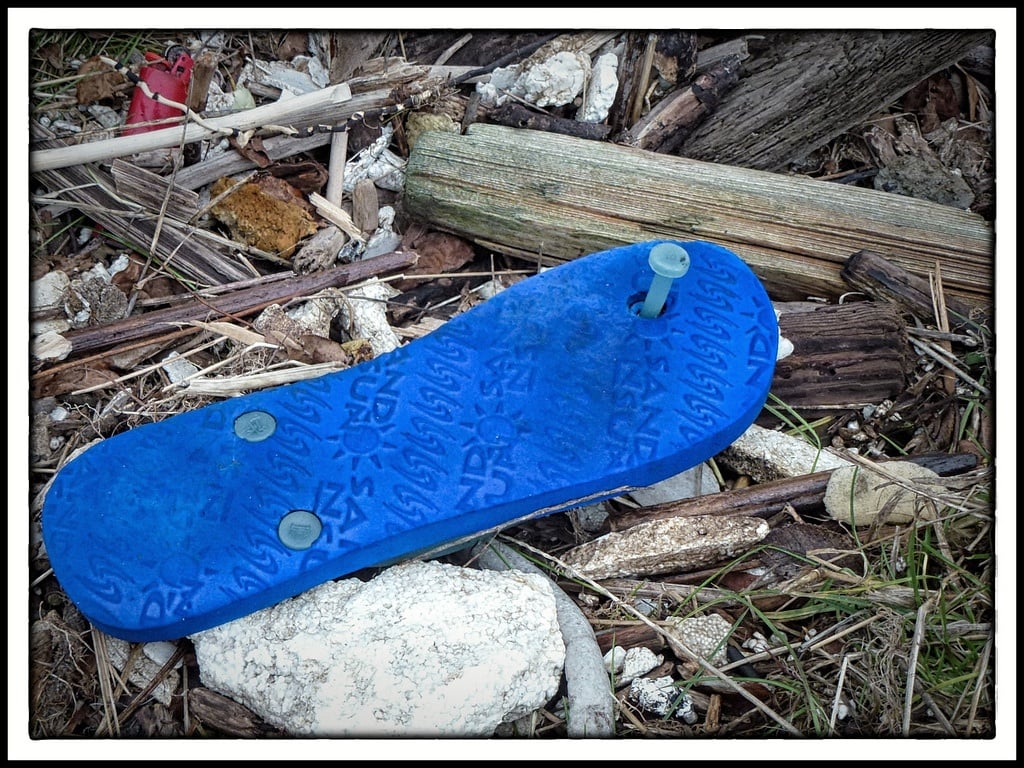By Carol Pierson Holding
 BP is putting a lot of money behind a TV commercial that opens with “This was the Gulf’s best tourism season in years.” In the sixty-second spot, businesses in Gulf cities like New Orleans and Panama City Florida invite tourists to come back. The ad is gorgeously filmed. Sparkling blue water. Giant flocks of birds. Sumptuous dishes of local fish. It’s the second wave of a campaign to restore tourism hurt by the BP oil spill and just one of BP’s efforts at restitution for regional businesses.
BP is putting a lot of money behind a TV commercial that opens with “This was the Gulf’s best tourism season in years.” In the sixty-second spot, businesses in Gulf cities like New Orleans and Panama City Florida invite tourists to come back. The ad is gorgeously filmed. Sparkling blue water. Giant flocks of birds. Sumptuous dishes of local fish. It’s the second wave of a campaign to restore tourism hurt by the BP oil spill and just one of BP’s efforts at restitution for regional businesses.
Wow, I thought, they actually saved the Gulf! It seemed like there has been plenty of time to clean up the mess. After all, the leak, even though magnitudes greater than the Exxon Valdez, was capped back in September 2010 and the clean-up effort was massive. Right?
But then an environmental colleague called to tell me a different version of the story, one based on a documentary she’d seen at a private screening called The Big Fix: A Film That Exposes the Biggest Environmental Coverup Ever.
Though the movie has not yet been released, interviews with The Big Fix filmmakers Josh and Rebecca Tickell at Huffington Post and on a LivingECO YouTube video describe the catastrophic damage. One example: the Gulf’s seafood stock has been virtually obliterated, with the shrimp catch reduced by 99%. Dean Blanchard, the largest US shrimp processor before he lost his business, saw employees who worked with the catch suffer from respiratory illness, sore throats, migraines and seizures. Rebecca Trickell experienced the effects first hand, contracting “tar-smarting” from the oil-Corexit mixture which made the skin on her feet peel, gave her bloody urine and blisters and severe photosensitivity on her chest.
The Trickells point out that the spill and many of the nasty effects of the clean-up were avoidable were it not for the poisonous interdependencies of big oil’s drive for profits and the US government’s need for oil and oil revenues. The Horizon Deepwater had plenty of precautions and the alerts were mostly working. But the warning systems were turned off so the rig could be pushed to the breaking point, even after receiving 18 citations for safety violations from the Coast Guard. The New York Times reported that the Minerals Management Service of the US Interior Department granted the BP well an exemption from the assessment process because company officials assured regulators that it carried little hazard.
The EPA allowed spraying of the toxic chemical dispersant Corexit over surface oil after BP assured them that there was no safer, more effective alternative, despite the fact that Corexit is so toxic that it was banned in the UK. BP was not only allowed to use the chemical on the water surface but also at the leak’s source on the ocean floor, a practice that had not been tested. Why did BP need that allowance? Because the dispersant reduces the quantity of measurable oil by breaking it into smaller modules and BP’s fines are based on measurable oil spilled.
Corexit has since spread the toxin out 200 miles around the rig.
Many of the government agencies involved are bending over backwards to make sure that BP and oil extraction in the Gulf do not suffer. BP in particular gets special treatment as the largest supplier of oil to the US military. In an interview at The Big Fix’ press conference, Jean-Michel Cousteau noted that revenues from US oil leases are second only to those collected by the IRS. Losses in tourism revenue to the Gulf States could essentially shut the state governments down, resulting in enough liability to bankrupt BP, whose stock is the most-owned by UK pensioners.
Scariest of all, the oil is still leaking.
What can be done? On one side is the US government and the world’s largest oil producers; on the other, environmental activists and The Big Fix. Doesn’t seem like a fair fight, even though producers of The Big Fix did everything right: premiered on 11/11/11 in New Orleans; got a special screening at Cannes; lined up celebrity producers including Timothy Robbins and Peter Fonda; and arranged for widespread distribution later this year.
Still, hardly an “Occupy the Gulf.”
But BP’s karma appears to be changing. Last Thursday, Fox News reported that U.S. prosecutors are preparing criminal charges against BP employees for giving regulators false information about the risks of drilling.
BP has already set aside $20 billion for reparations and $40.9 billion for the clean-up. If rumors of legal actions against employees come to pass, there will be even more severe punishments coming. And even pretty commercials won’t help. At some point, failure to adhere to safety regulations will become too painful for oil producers. Environmentalists like the Trickells hope for even more radical results: the BP oil spill becomes the turning point that finally moves the US off its dependence on oil. A fairy tale come true? I sure hope so.
Source: Nalco Corexit 9500 MSDS sheet from http://www.msds.com
Carol Pierson Holding writes on environmental issues and social responsibility for policy and news publications, including the Carnegie Council's Policy Innovations, Harvard Business Review, San Francisco Chronicle, India Time, The Huffington Post and many other web sites. Her articles on corporate social responsibility can be found on CSRHub.com, a website that provides sustainability ratings data on 5,000 companies worldwide. Carol holds degrees from Smith College and Harvard University.


